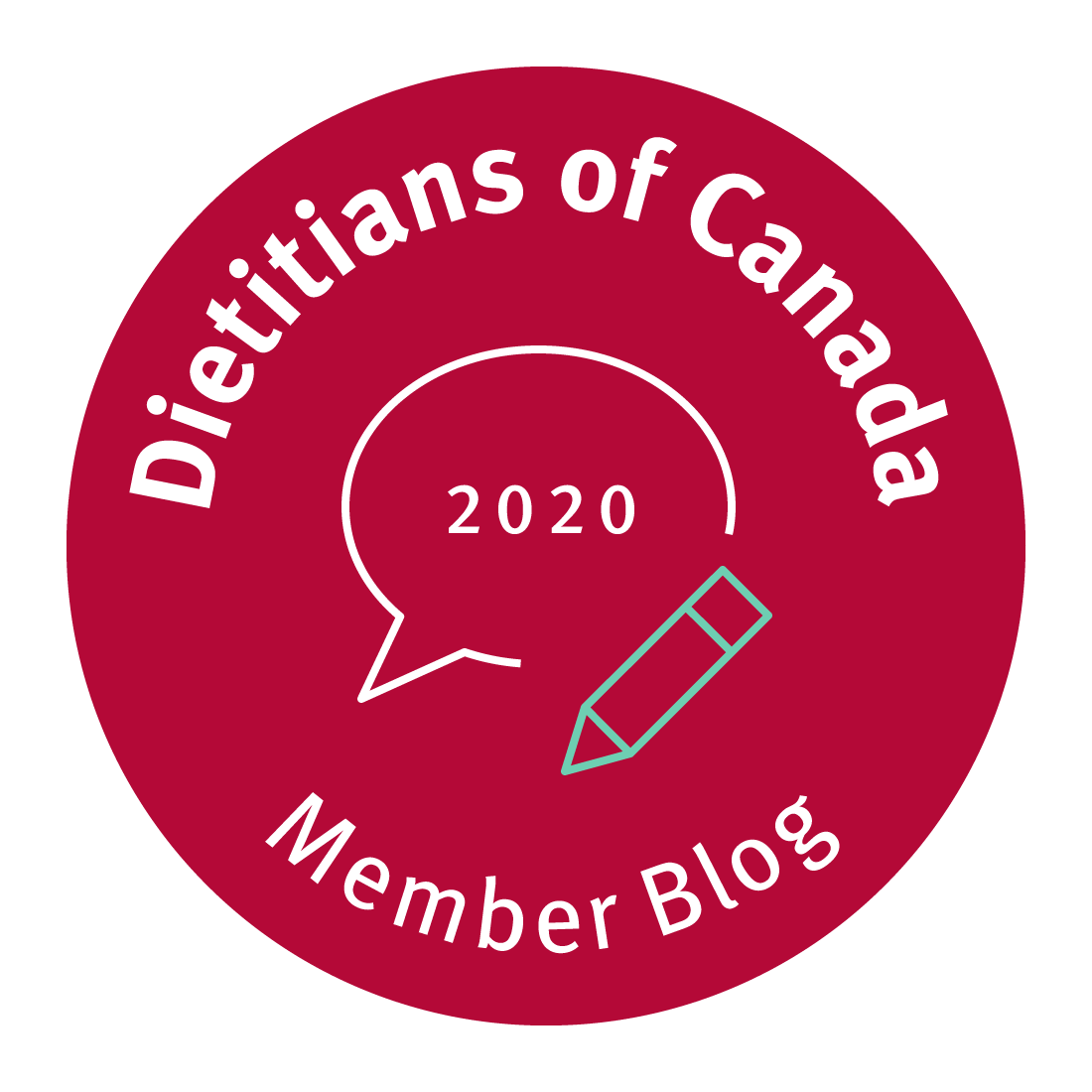
Protein should be a focus in the diet of a vegan pregnant mama. If you eat three meals a day and two snacks, I suggest protein with every meal and at least one snack. However, if you eat four smaller meals a day, include protein at every one.
There are many vegan protein sources to choose from. Although there are good options — that include fibre, iron, folate, and choline, etc. — they’re a bit harder to digest than meat, fish and eggs.
Vegans also have increased iron needs because many vegan iron sources contain phytates — antioxidant compounds that bind to the iron and make it harder to absorb. So I recommend a vegan prenatal multivitamin that also contains iron. See more about iron in pregnancy here.
Through a blood test, your healthcare provider can tell you if you need an iron supplement over and above what you get from food and your prenatal multivitamin.
Vegan diets are usually high in Vitamin C, which increases iron absorption. If you take a prenatal multivitamin and eat high iron foods throughout the day, I don’t recommend an iron supplement unless your healthcare provider recommends it.
Remember that both caffeine and calcium can negatively affect iron absorption.
Zinc is another important mineral during pregnancy. Vegan foods high in iron are typically also high in protein, zinc, folate and choline.
In pregnancy calcium needs don’t increase — your body absorbs calcium more efficiently.
Vegan diets often have low amounts of calcium. In addition, some vegan foods have phytates and oxalic acid that also affect calcium absorption. However, this is easy to remedy if sources of calcium are made a focus of the diet. Remember that caffeine can also affect calcium absorption.
Although many people meet their calcium needs with dairy, this is not the only way. Good sources of calcium include almonds, sesame seeds, fortified milk alternatives, blackstrap molasses, tofu (if calcium sulphate is listed in the ingredients), collards, figs, kale, turnip greens and broccoli.
Vegans, whether pregnant or not, most frequently ask if they’re getting enough vitamin B12, which typically comes from animal products. However, vegans can get it in fortified products such as red star nutritional yeast (be sure to check as not all nutritional yeast is fortified with B12), vegan meats and fortified milk alternatives.
I always recommend eating whole foods and avoiding packaged and processed foods as much as possible. So I point out that, although vegans can choose fortified foods to get their B12, these are all packaged foods.
However, using B12 fortified nutritional yeast is great because it is easy to add to foods that you are eating throughout the day.
To meet your needs with fortified foods you need to eat at least three fortified foods with B12 each day. A variety of B12 supplements are available. Depending on the dosage you choose, you may not need to take it every day. But don’t worry too much about getting more B12 than needed — you will just pee out any excess amount you take in.
That said, there’s no sense “peeing your money away” on unnecessary vitamins. So base your decisions on supplements on what you get from foods and what works with your lifestyle.
It’s a good idea for every future mother to boost stores of omega 3 before getting pregnant, and while you are pregnant it’s important to conserve them. This is especially important for vegans, who tend to have lower levels of DHA.
For this reason omega 3 is one of the most common supplements I recommend before, during and after pregnancy. Often it’s taken in the form of DHA, one component of omega 3.
Most omega 3 supplements are from fish sources, although you can find vegan forms made from micro-algae — the same source that gives fish their DHA. Taking the micro-algae form is a good option as it reduces concerns about mercury and other contamination.
There are vegan food sources available, including flax seeds (if they’re ground or in the oil form), chia and hemp seeds, and walnuts.
Omega 3 has another component, EPA, that is readily found in supplements. Both it and DHA are important to both mom and baby, although DHA tends to get the spotlight, as it helps in baby’s brain development.
Fish sources seem to be better absorbed and utilized by the body and there is also debate as to how much the foods listed above actually have in them. Our bodies actually convert plant sources of omega 3 to DHA and EPA, making them not as efficient sources of these fatty acid components.
Chia and hemp seeds also contain omega 6. North American diets tend to provide more omega 6, so it is important to ensure a ratio of omega 6 to omega 3 fatty acids in the range between 2:1- and 4:1. Many plant-based vegan oils contain omega 3, 6, and 9, making it even more important to think about the ratio of omega 6 and omega 3.
Some things also affect our body’s ability to make DHA. This includes trans fats — another reason to avoid processed and packaged foods. Alcohol and smoking also have negative effects.
In short, it is possible, with a little planning, to eat a healthy vegan diet during pregnancy.
If you have further questions, please contact Jill, Nurture The Future’s Registered Dietitian, at [email protected]
*This article originally appeared on The Birthing Site. For a list of references contact email above.

 RSS Feed
RSS Feed

.png.aspx?width=150&height=150)
